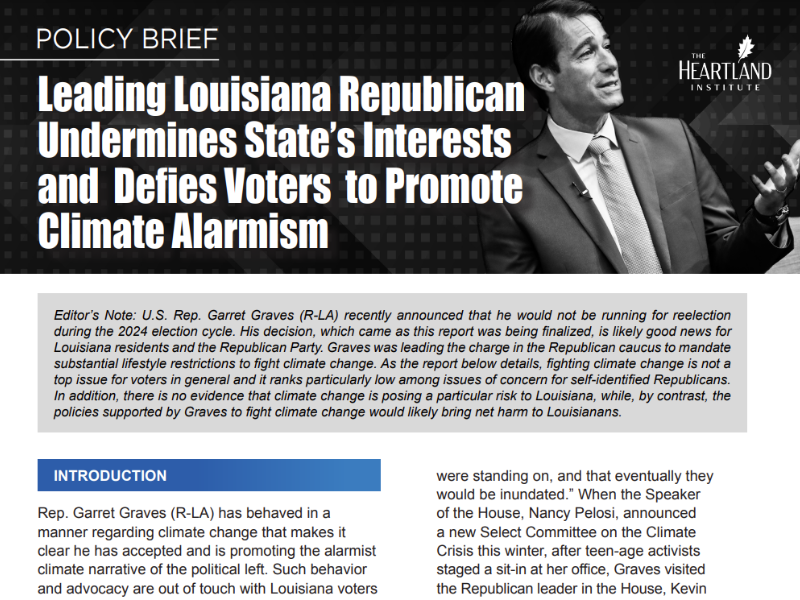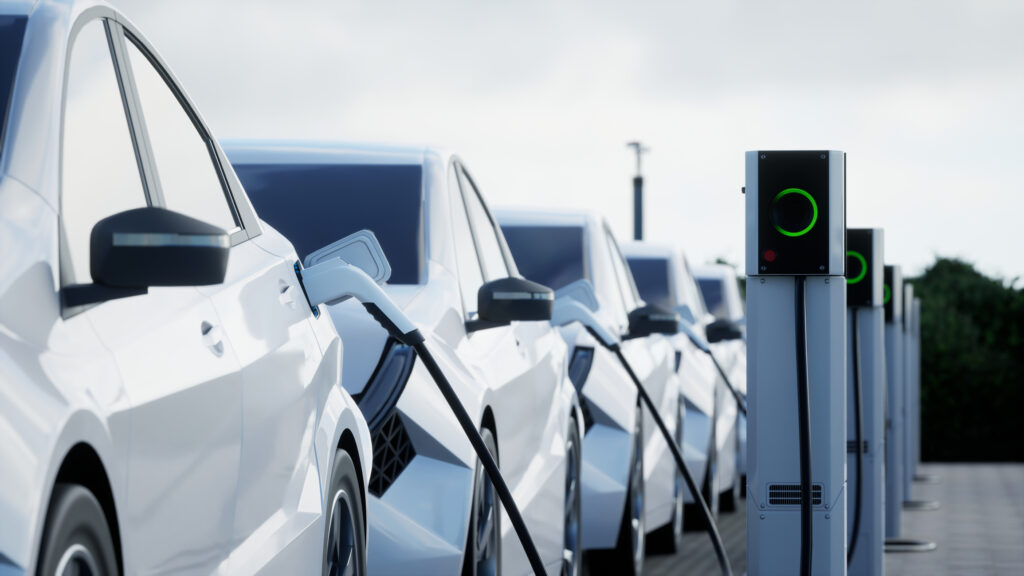A recent study from the National Bureau of Economic Research, “Environmental Benefits from Driving Electric Vehicles?” shows the moniker ‘zero emission vehicle,’ attached to electric cars is misplaced. In a finding that may surprise some, Stephen Holland, of the University of North Carolina-Greensboro, and his coauthors discovered, depending upon one’s location, purchasing a zero emission car can reduce pollution locally, but nationally it tends to increase pollution overall.
In response to concerns about air pollution and greenhouse gas emissions, federal and state governments have pushed the development and deployment of zero emission vehicles through a combination of federal and state subsidies and mandates.
The Federal Government provides a $7,500 subsidy for the purchase of each electric vehicle. Some states add to the federal subsidy with their own financial inducements. California, for instance, provides rebates and tax credits to purchasers of zero emission cars, truck and agricultural utility vehicles. Each year the state also requires an increasing percentage of car and truck manufacturers vehicles sold in the state to be zero emission.
Increased Electricity Use, Increases Emissions
Yet, the claims of zero emissions prove not to be true. Ignoring the emissions resulting from the production of the vehicles, Holland, et al., note in 2014, the U.S. Department of Energy reported nearly 70 percent of electricity generated in the U.S. is produced by burning coal or natural gas. Charging an electric vehicle increases electricity demand met by several power plants often quite distant from where the vehicle is driven.
As a result, on average, electric vehicles generate a negative environmental benefit of about -0.5 cents per mile traveled relative to comparable fossil fuel powered vehicles.
In some areas, because of the make-up of the electric power supply and delivery system, electric cars can produce net environmental benefits. In Los Angeles, California electric vehicles produce 3.3 cents per mile in benefits. By contrast, an electric vehicle used in Grand Forks, North Dakota results in a net environmental cost of 3 cents per mile.
Nationwide, the air pollution impact of electric vehicles is negative. Except in 12 states, each electric vehicle purchased makes society as a whole worse off by increasing electric power use and exporting export air pollution to other states.
H. Sterling Burnett, Ph.D. ([email protected]) is managing editor of Environment & Climate News.





